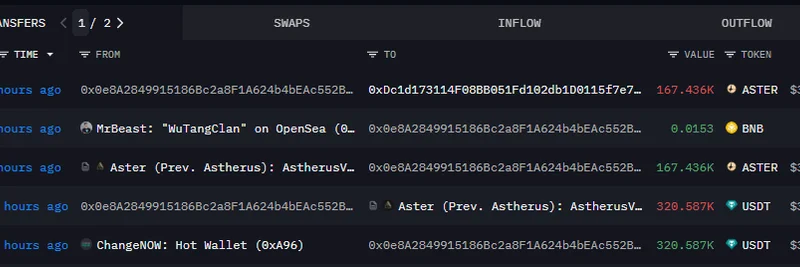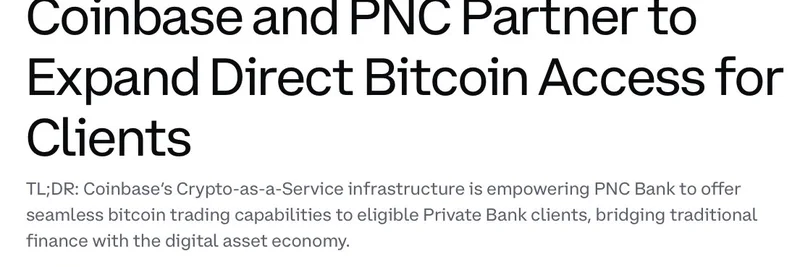In the fast-paced world of crypto, where blockchain transactions are public for anyone to see, rumors can spread like wildfire. Recently, a tweet from on-chain analyst @OnchainDataNerd caught everyone's attention, claiming that popular YouTuber MrBeast—real name Jimmy Donaldson—had been quietly accumulating ASTER tokens. But hold on, because MrBeast quickly shut down the speculation. Let's break this down step by step, explaining the tech along the way, so you can decide what to make of it.
First off, what's ASTER? It's not your typical dog-themed meme coin, but it does have that hype factor that's common in the meme token space. ASTER is the native token of Aster DEX, a decentralized exchange built on the BNB Chain (that's Binance's blockchain, known for fast and cheap transactions). This platform specializes in perpetual futures trading—think betting on crypto prices without an expiration date—and even offers wild leverage up to 1,001x. Backed by big names like former Binance CEO CZ, ASTER has been trending, with its price hovering around $1.80 to $2 recently, according to sites like CoinMarketCap and CoinGecko. It's more of a utility token for trading on the DEX, but the celebrity connection turned it into a hot topic.
The tweet in question highlighted some intriguing on-chain activity. On-chain data refers to transactions recorded directly on the blockchain, which tools like Arkham Intelligence can track and label based on patterns or known associations. According to the post, a wallet labeled as MrBeast's deposited 320.6k USDT (a stablecoin pegged to the US dollar) into Aster about 12 hours prior, using it to buy 167.4k ASTER tokens. Overall, the wallet has reportedly stacked up 705.8k ASTER at an average price of around $1.87. The address in the spotlight? You can check it out yourself on Arkham's explorer.
This kind of move isn't new in crypto—celebrities dipping into tokens can pump prices due to their massive followings. MrBeast, with over 300 million YouTube subscribers, has dabbled in crypto before, like with NFTs and creator coins, though those projects haven't always panned out well. If true, this accumulation could signal confidence in ASTER's growth, especially as the token challenges bigger players like Hyperliquid in DEX volume.
But here's where it gets juicy: MrBeast has flat-out denied it. In a reply to an earlier similar claim, he posted, "Never heard of that coin and that’s not my wallet. Also since we’re on the topic I’m never doing a meme coin so don’t get scammed by one pretending to be me." This statement came just days before the latest tweet, but the denial echoes his consistent stance against launching or endorsing meme coins. He's been vocal about avoiding "icky" crypto schemes that could scam fans, as seen in past posts where he called out fake coin launches using his name.
So, why the discrepancy? Wallet labeling isn't foolproof—Arkham might link addresses based on transaction patterns, like connections to known MrBeast-related wallets (e.g., one tied to his "WuTangClan" OpenSea activity). But misattributions happen, and insiders or copycats could mimic celeb moves to hype tokens. Some reports, like from The Street, note that despite denials, on-chain flows show big buys, leading to price surges of up to 1,800%. Others, such as CoinCub, warn of scammers exploiting celeb names.
This saga highlights a bigger issue in the meme token and broader crypto world: the power of influence. When a star like MrBeast gets linked to a token, even falsely, it can drive massive volatility. ASTER's price dipped over 20% recently despite the hype, per BeInCrypto, showing how quickly sentiment shifts. For blockchain practitioners, it's a reminder to verify on-chain data yourself using tools like Etherscan or BscScan and not chase FOMO (fear of missing out).
If you're eyeing ASTER or similar tokens, remember: Do your own research (DYOR). Check the project's fundamentals—Aster offers low-fee trading and multichain support via their site—but watch for pump-and-dump risks, especially with celeb rumors. MrBeast's denial might protect his fans, but it also underscores how crypto's transparency can sometimes fuel misinformation.
What do you think—is this a case of mistaken identity, or something more? Keep an eye on the blockchain; the truth is always there if you dig deep enough.




